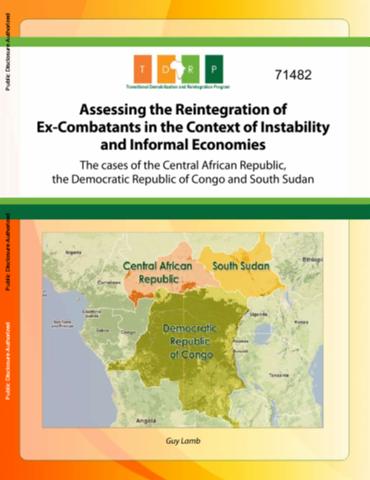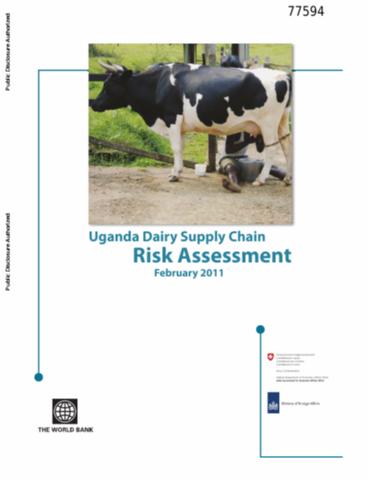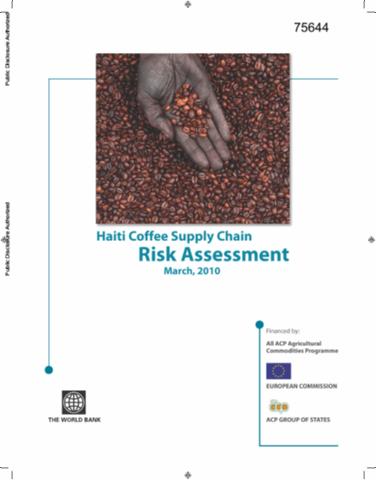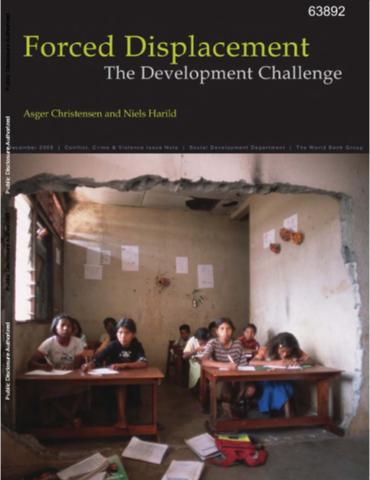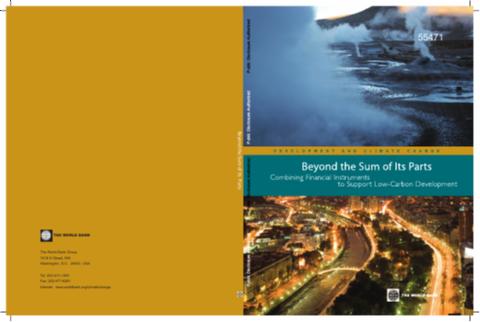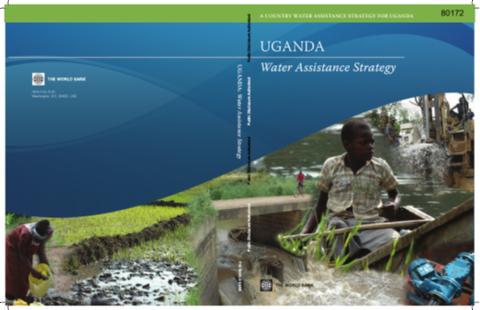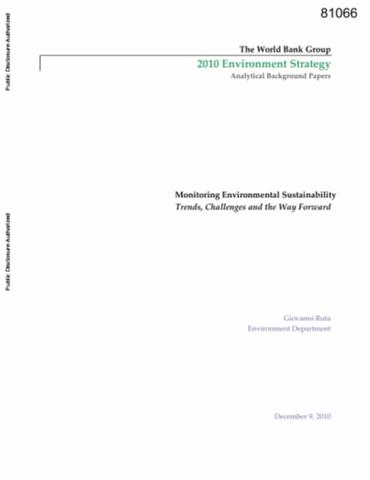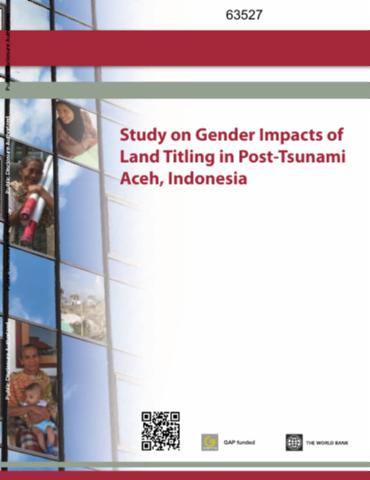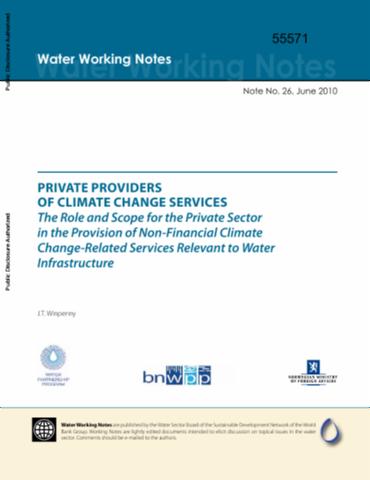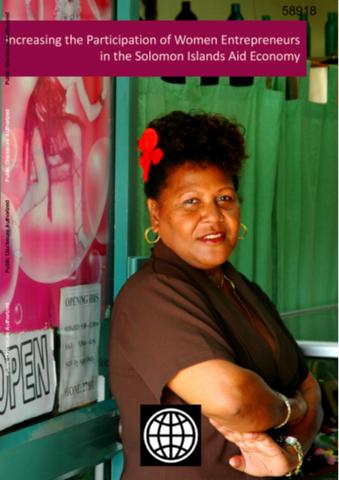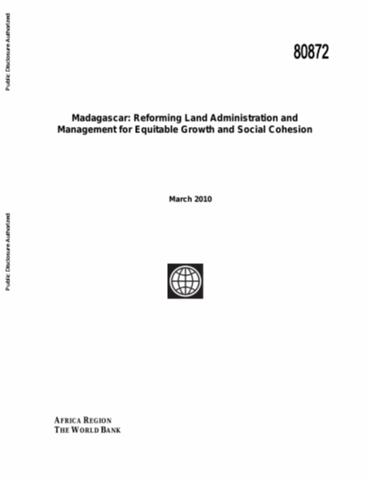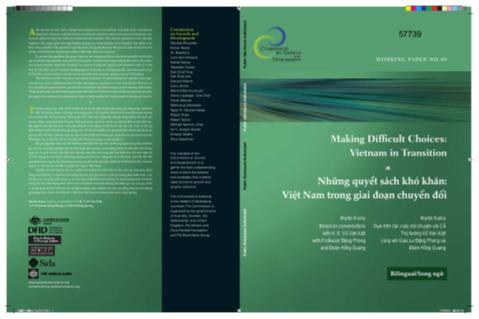Assessing the Reintegration of Ex-Combatants in the Context of Instability and Informal Economies
The implementation of effective Disarmament, Demobilisation and Reintegration (DDR) programmes in countries emerging from violent conflict are essential for building and maintaining peace and security. In many instances the disarmament and demobilisation of former combatants was achieved, but reintegration remained a challenge, due to the long-term focus and the substantial resources that are required for such a process to be successful.

